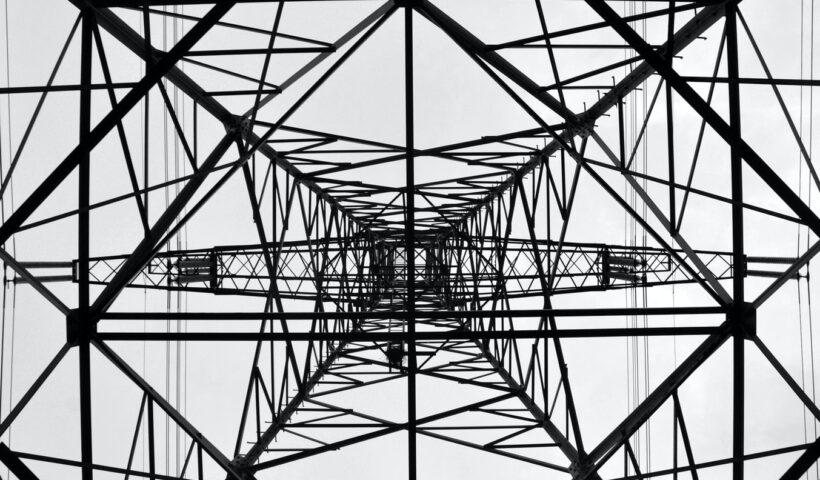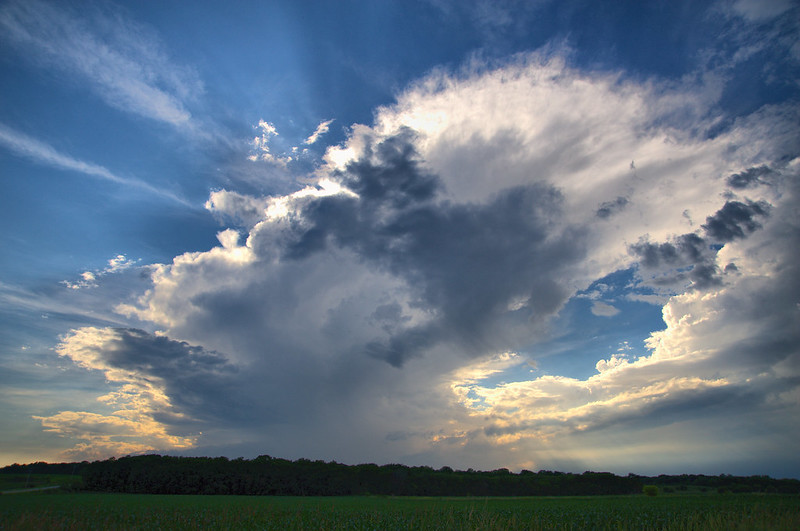Infrastructures are technologies which facilitate fundamental operations and systems within a society (Cambridge Dictionary n.p.). Infrastructures often appear mundane, with examples including roads, public transport systems and government buildings. However, their pervasiveness, alongside the roles they play in the structuring of everyday existence, make infrastructures political objects. Anand, Gupta, and Appel (2018) describe infrastructures as “social, material, aesthetic, and political formations that are critical both to differentiated experiences of everyday life and to expectations of the future” (3). This understanding informs Infrastructure Studies, a critical field which examines how experience with infrastructure informs the material conditions and political imaginations of citizens.
View More Neoliberal Façades, Concrete Utopias: The Infrastructure of Weird FictionTag: aesthetics
The Centrality of the Trivial
At the centre of our collective inability to apprehend the climate crisis is our failure to imagine ourselves as anything other than the centre of everything. This article examines Jenny Offill’s novel “Weather” arguing that it stages the contemporary Western subject’s centring on its own trivialities as necessary to survival on an individual scale, yet also as threat to the survival of the planet.
View More The Centrality of the TrivialThe Altermundos of Latin@futurism
Latin@futurism has yet to register within the hegemonic popular imagination—one historically drenched in whiteness and heteropatriarchy. At best, it is recognized as a quaint…
View More The Altermundos of Latin@futurismAre Video Game Narratives Postmodern?
An editorial in the twentieth anniversary issue of the journal Postmodern Culture in 2010 added another voice to mark the gradual retreat of the postmodern…
View More Are Video Game Narratives Postmodern?



